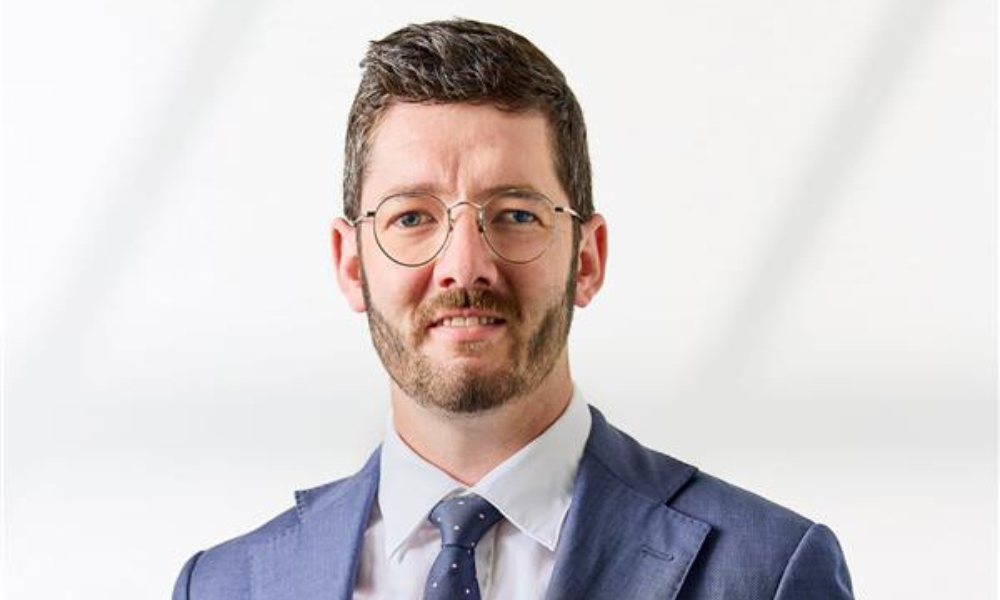
The principal lawyer points to the rising expense of running trials

As a litigator, Patrick Kerin has tackled everything from large-scale projects to multi-million dollar claims. In his career, he has seen the way the litigation process has evolved - as well as how trials are getting more expensive to conduct.
In the second part of this May interview, the DMAW Lawyers principal discusses why the profession needs to improve the accessibility of the courts system and why the building and construction industries are "in a really interesting place".
What should the profession focus more on? What challenges are particularly pressing in the country’s legal industry?
Increasing complexities and obligations around litigation are making trials much more costly to run. Traditionally, litigation was a very common form of dispute resolution, but these days it is a far more detailed and in-depth process than it was a couple of decades ago. This means legal firms and their clients are increasingly considering alternative avenues to resolve their disputes, often commercial settlements, which is very sensible – but more and more frequently, clients with meritorious claims will effectively be forced to settle their cases because the time and money involved in running a case all the way through to a trial and judgment is too consuming.
This presents opportunities for clever lawyers to advise their clients on alternative avenues to take, or commercial solutions to pursue, but I would like to see the profession generally make the courts more accessible.
What are your thoughts on new technology and its impact on the legal profession?
AI is delivering a great opportunity for lawyers to be more efficient in their tasks, which is also great because those time and cost savings can be passed on to the clients as well. It’s no secret that the law is typically not an early adopter of technological progression, so I suspect that it will probably be the same for AI – but the better law firms will be able to set themselves apart by adopting the useful AI tools and implementing them effectively.
I have seen some great AI tools that are being trialled and used across the industry in areas such as document drafting, discovery, and even research, which we are implementing at DMAW through a dedicated AI and Technology working group – it will certainly be welcome for lawyers to have more time to focus on other aspects of client service.
What are you looking forward to the most in the coming year?
The Australian and South Australian building and construction industries are in a really interesting place at the moment, where the geopolitical and economic climates are giving rise to a whole range of opportunities as well as challenges for my clients. I am looking forward to helping them navigate through these opportunities and challenges.